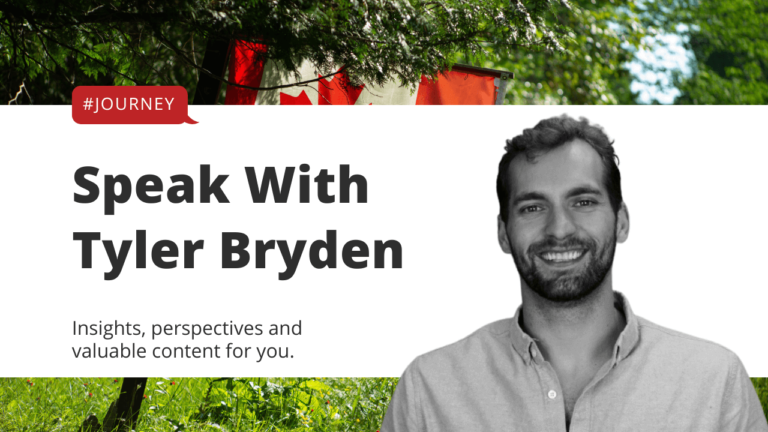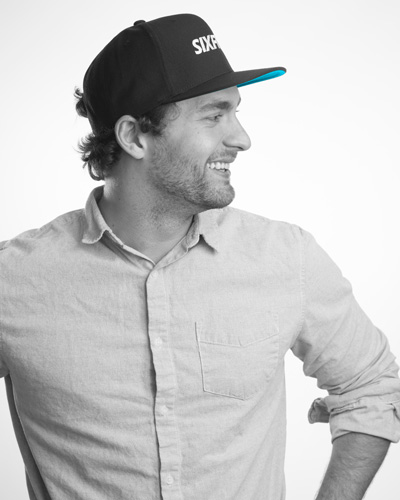About
DoubleBlind is a biannual print magazine and media company covering timely, untold stories about the expansion of psychedelics around the globe.
We listen to everyone, from the indigenous communities, who have preserved these medicines for millennia, to the people in our society who most need healing, but don’t have access to it. And we go everywhere, from the ayahuasca tourism industry in Peru to laboratories at leading universities.
We’re not speaking to the veteran tripper nor evangelizing to the anti-drug square. We are speaking to everyone who is curious about psychedelics. And we are speaking to anyone craving fresh perspectives on some of the most important issues of our time: the depression epidemic, the corporatization of medicine, and the aching that people around the globe feel for spirituality or some other collective sense of meaning. Together, we dive deep below the surface of the daily news cycle through long-form reported features, poetry, visual art, and provocative photo essays offered both online and in print.
The conversation doesn’t end there. Psychedelics—as the first class of drugs that heal through inspiring mystical experiences—hold the potential to shift how the Western medical community perceives wellness more broadly. We cover that too.
With an open mind and a commitment to fact-checking, we provide nuance to the reporting on alternative healing modalities and mindfulness movements. Psychedelics aren’t just about the 1960s cultural revolution—or the research renaissance that has followed it in recent decades. They’re a jumping off point for exploring what it means to be well as individuals and a collective: we invite you to contemplate that with us.
Why “DoubleBlind?”
We’re all blind in some ways—blind to our biases, blind to our needs, blind to our habits. That’s what good journalism is for—not for reaffirming our beliefs, but for challenging us to consider new ones that are based on facts.
That’s also why the double-blind, randomized clinical trial was invented—to ensure that scientists were not accidentally designing their research in a way that just confirmed what they already believed. Today, it’s the gold standard in science.
Psychedelics are the quintessential example of what happens to a topic when it becomes so politicized that it can no longer be discussed in an open and fair way. Despite the fact that in the 1950s psychedelics were already showing incredible promise as a mental health treatment, they were banned from science for decades due to their association with a culture of radical expression that threatened the status quo. Politicians, doctors, and even the American public were blinded by the symbolism of these drugs, incapable of regarding them as a medicine.
Now—thanks to researchers taking psychedelics through the FDA’s laborious double-blind trials—they’re slowly gaining legitimacy. Within the next five years, leading scientists in the field are projecting that MDMA and psilocybin—the psychoactive ingredient in psychedelic mushrooms—will be legal for prescription. A number of cities and states will also soon be following in the footsteps of Denver to decriminalize psilocybin and other plant medicines.
Science is winning over cultural and political biases and this is cause for celebration.
But it’s also cause to reflect so that we don’t neglect important conversations in the name of progress. The cannabis industry—with its many millions of dollars in investment—has arguably already arrived. And despite the good intentions of activists, some state governments and local municipalities have already failed to create an industry that’s equitable for patients and aspiring entrepreneurs.
Many of the ethical questions that arose from the legalization of cannabis pertain to psychedelics, too. How much will they cost when they’re legalized? Will insurance cover them? And should a single company even be able to monopolize psychedelics and dictate how they’re administered? The double-blind research process leading to medicines that are patented by companies provides a certain level of security to patients, but psychedelics have—and are—much more than a pill. What, for example, is lost when they’re taken in a hospital rather than, say, a ceremonial setting the way they have been administered for millennia?
DOUBLEBLIND’S COMMITMENTS
DIVERSE PERSPECTIVES
Our stories strive to reach everyone touched by psychedelics, not just the loudest or most influential voices.
BOLD TOPICS
We cover ideas, news, and stories that are at the cutting-edge of conversations around psychedelics. We don’t shy away from topics because they’re ambitious or because they may not immediately appear interesting. We use storytelling to illuminate why they matter.
RIGOROUS REPORTING
We hold ourselves accountable for our own biases by including all relevant perspectives in our stories, even ones we may not like. The data and research we cite are thoroughly fact-checked.
RELEVANCE
We report on topics that have a wide-reaching impact for the medical community and the public. We ensure that they’re told in an accessible and compelling way.
CREATIVITY
Have an idea for us? Want to collaborate with us on an event? We’re open to all projects that align with our mission. Reach us at: [email protected]
Our Team
SHELBY HARTMAN
Editor-in-Chief/ Co-Founder
MADISON MARGOLIN
Managing Editor/ Co-Founder
DAVID GOOD
Creative Director
GEORGIA LOVE
Head of Photography
SOPHIE SAINT-THOMAS
Community Engagement Editor
SARAH SCHNUR
Social Media Strategist
ZOE WILDER
Media Relations
MAX JOSEPHSON
CTO
GABE KOVACS
Head of Marketing


